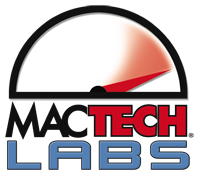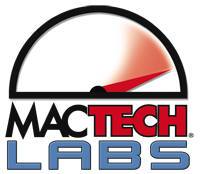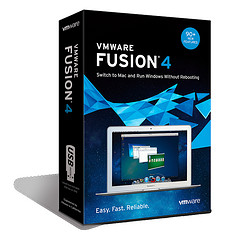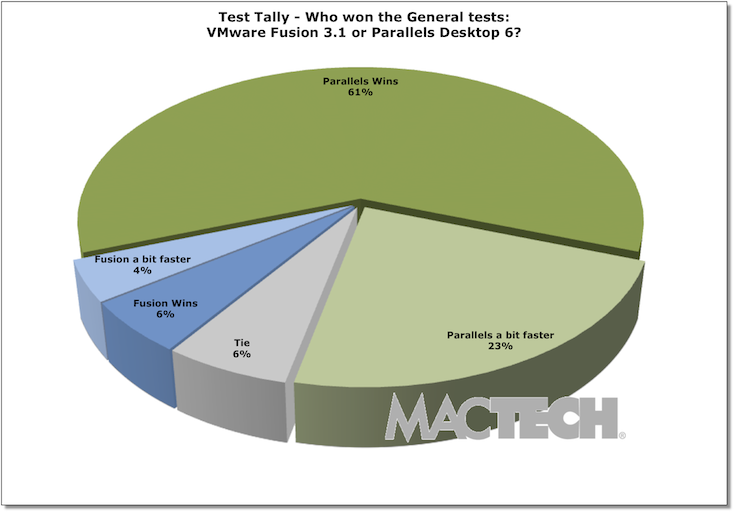MacTech Releases Comprehensive Virtualization “Treatise”
The large suite of over 3000 tests was performed comparing the MacBook Air, MacBook Pro, MacBook Pro Retina, iMac and Mac Pro. The purpose of the testing and the article are to answer the questions about a variety of different kinds of performance for the different virtualization solutions available, as well as the differences between Windows 7 and 8 in virtual machines, graphics, gaming, and more.
Read More




